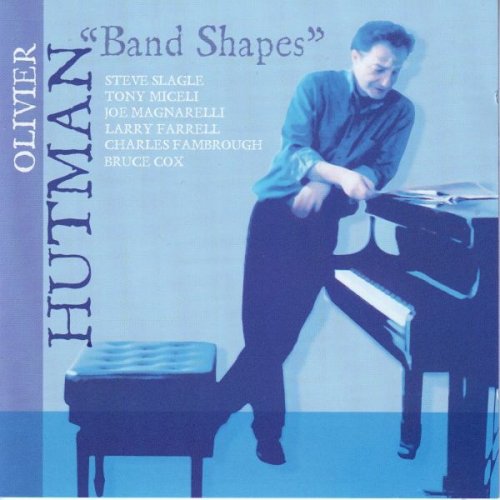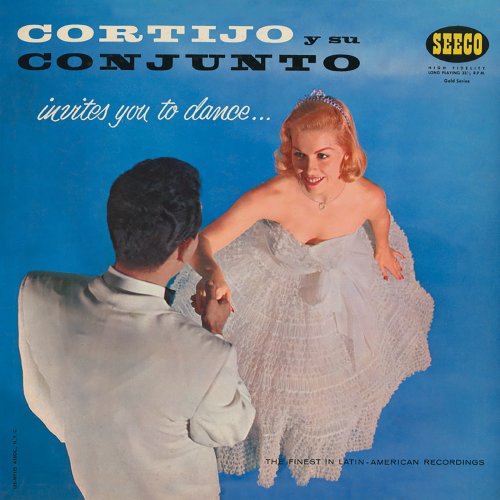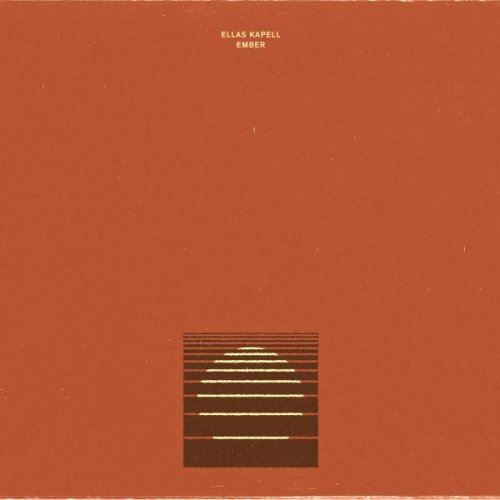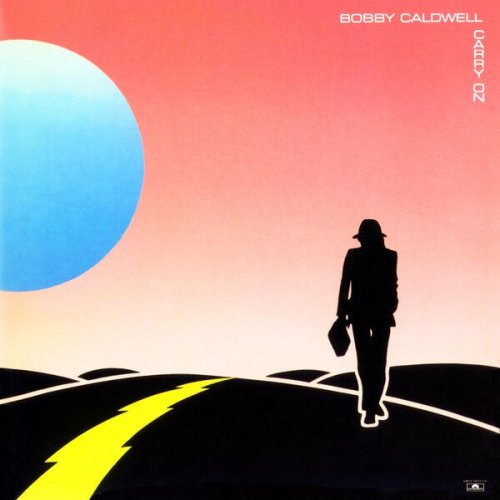Yury Favorin - Prokofiev - Popov - Shostakovich - Rebikov - Feinberg: Piano Works (2016) [Hi-Res]

Artist: Yury Favorin
Title: Prokofiev - Popov - Shostakovich - Rebikov - Feinberg: Piano Works
Year Of Release: 2016
Label: JSC Firma Melodiya
Genre: Classical Piano
Quality: flac lossless (tracks) / flac 24bits - 44.1kHz
Total Time: 01:06:49
Total Size: 239 / 524 mb
WebSite: Album Preview
TracklistTitle: Prokofiev - Popov - Shostakovich - Rebikov - Feinberg: Piano Works
Year Of Release: 2016
Label: JSC Firma Melodiya
Genre: Classical Piano
Quality: flac lossless (tracks) / flac 24bits - 44.1kHz
Total Time: 01:06:49
Total Size: 239 / 524 mb
WebSite: Album Preview
01. 4 Etudes, Op. 2: No. 1 in D Minor
02. 4 Etudes, Op. 2: No. 2 in E Minor
03. 4 Etudes, Op. 2: No. 3 in C Minor
04. 4 Etudes, Op. 2: No. 4 in C Minor
05. Grosse Klaviersuite, Op. 6: I. Invention
06. Grosse Klaviersuite, Op. 6: II. Chor
07. Grosse Klaviersuite, Op. 6: III. Lied
08. Grosse Klaviersuite, Op. 6: IV. Fuga
09. Piano Sonata No. 1, Op. 12
10. On the Other Side, Op. 47: I. Allegretto
11. On the Other Side, Op. 47: II. Lento
12. On the Other Side, Op. 47: III. Vivo
13. On the Other Side, Op. 47: IV. Allegretto
14. On the Other Side, Op. 47: V. Andante cantabile
15. On the Other Side, Op. 47: VI. Vivo
16. On the Other Side, Op. 47: VII. Moderato
17. Piano Sonata No. 6, Op. 13
This album features names that are virtually unknown to today's wide audience - Gavriil Popov, Vladimir Rebikov and Samuil Feinberg. For the first time on record, Melodiya presents Grand Suite by Gabriil Popov, one of the most talented representatives of "Soviet music avant-garde" of the 1920's to the early 1930's (accusations of "formalism" forced him to reject his own artistic identity). Vladimir Rebikov was one of the first representatives of Russian music modernism. His piano cycle On the Other Side was inspired by the works of Spanish painter Francisco Goya. Samuil Feinberg is known first of all as a prominent pianist, educator and successor of the traditions of the Russian piano school. Nevertheless, he held himself out a composer in the first place, a continuer of Alexander Scriabin's creative aspirations. The album also includes works by domestic classical composers of the 20th century - one of Prokofiev's first opuses (Four Etudes, Op. 2) written when the composer was 18 years old, and Shostakovich's First piano sonata (1927), one of the boldest and experimental pieces of the young composer who was not afraid of getting involved in the maze of "free atonality."







![Ingrid Jensen - Landings (2026) [Hi-Res] Ingrid Jensen - Landings (2026) [Hi-Res]](https://www.dibpic.com/uploads/posts/2026-02/1772179914_cover.jpg)
